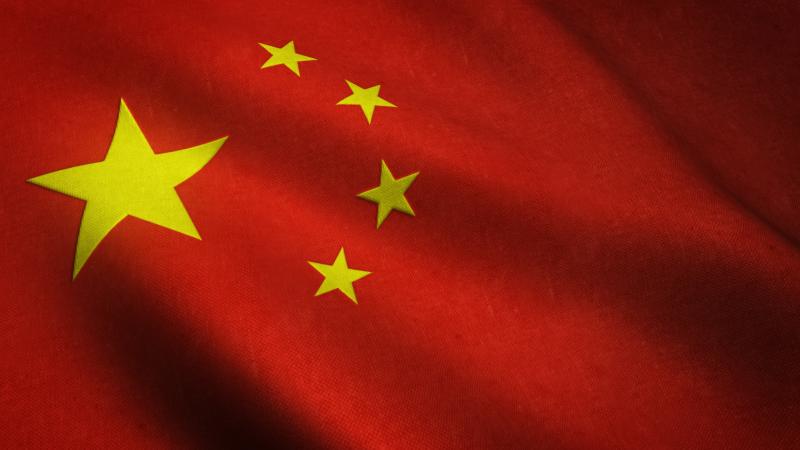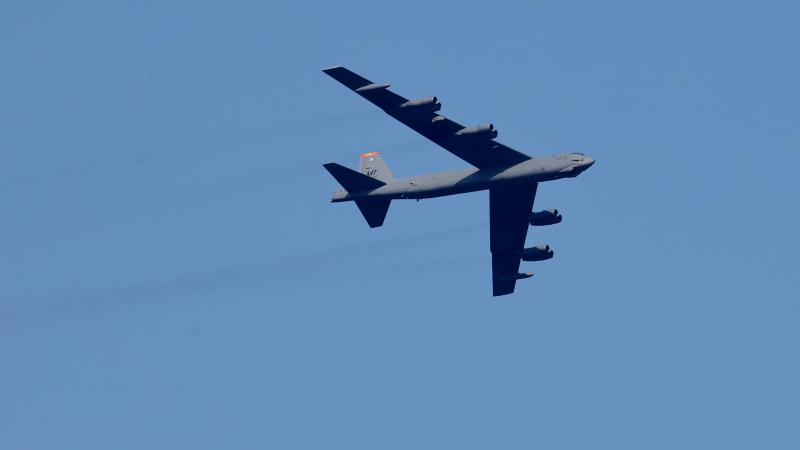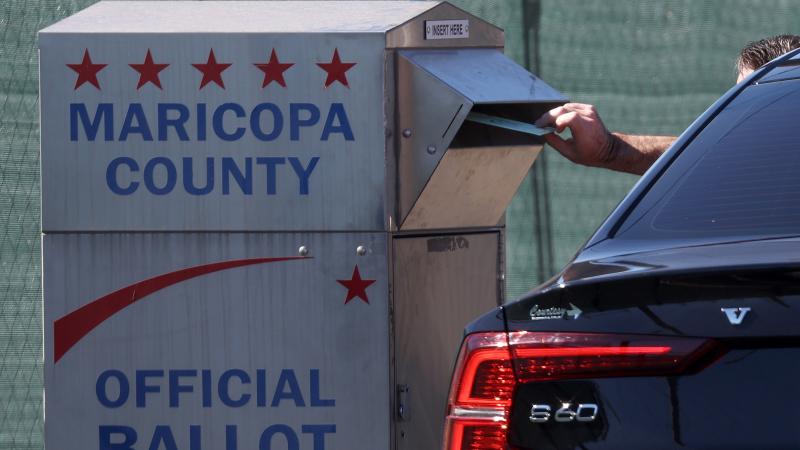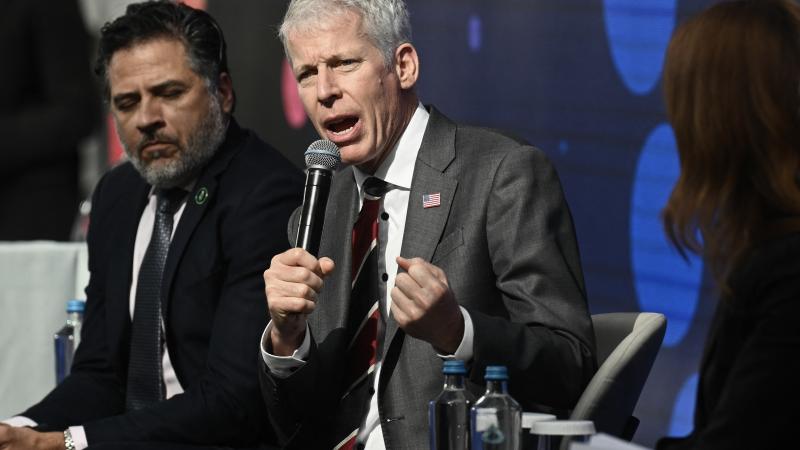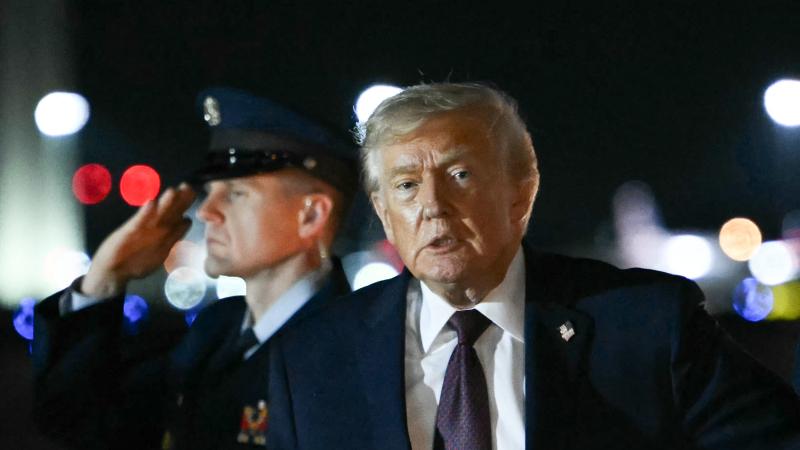North Korea announces it will cease all communication with the South
The leaders of the North claim they are upset about a pamphlet campaign, but are they creating tension as a ploy to gain leverage during future negotiations?
North Korea has announced that it will cut off all communication lines with the South, specifically a phone-line between the leaders of the two nations.
Until Tuesday, representatives from both Koreas spoke by phone twice a day every day. On Monday, the first of those phone calls was rejected for the first time sine 2018. Though the nations made contact in the afternoon, the North's announcement followed shortly thereafter.
"We have reached a conclusion that there is no need to sit face-to-face with South Korean authorities, and there is no issue to discuss with them, as they have only aroused our dismay," said the Korea Central News Agency.
The North described its decision as the first in a series of steps that also described South Koreas as "the enemy." The military communications channel between the two nations will also be cut.
Kim Jong-Un's sister, Kim Yo-Jong, who some believe is being prepped as a potential next leader for the North, threatened last week to close down the liaison office between the two countries if the South did not stop sending a series of pamphlets into the country to encourage defection.
She called the leaflet campaign a hostile move that violated the peace agreements made between the neighboring nations during the 2018 Panmunjom summit.
The North may be stirring up trouble, not ultimately because of a pamphlet campaign, but because they are hoping to create tension to use as a bargaining chip with the South – a strategy they have utilized before.
On the domestic front, North Korea continues to fail economically, despite a series of grandiose promises from its leader, and rumors continue to spread that the coronavirus is impacting parts of the country. Kim Jong-Un could do worse than turning the nation's attention toward a common enemy, in this case, the South.
Technically, because there was no peace treaty ever signed, the two Koreas have been at war since 1950, despite formal conflict ending in 1953.

